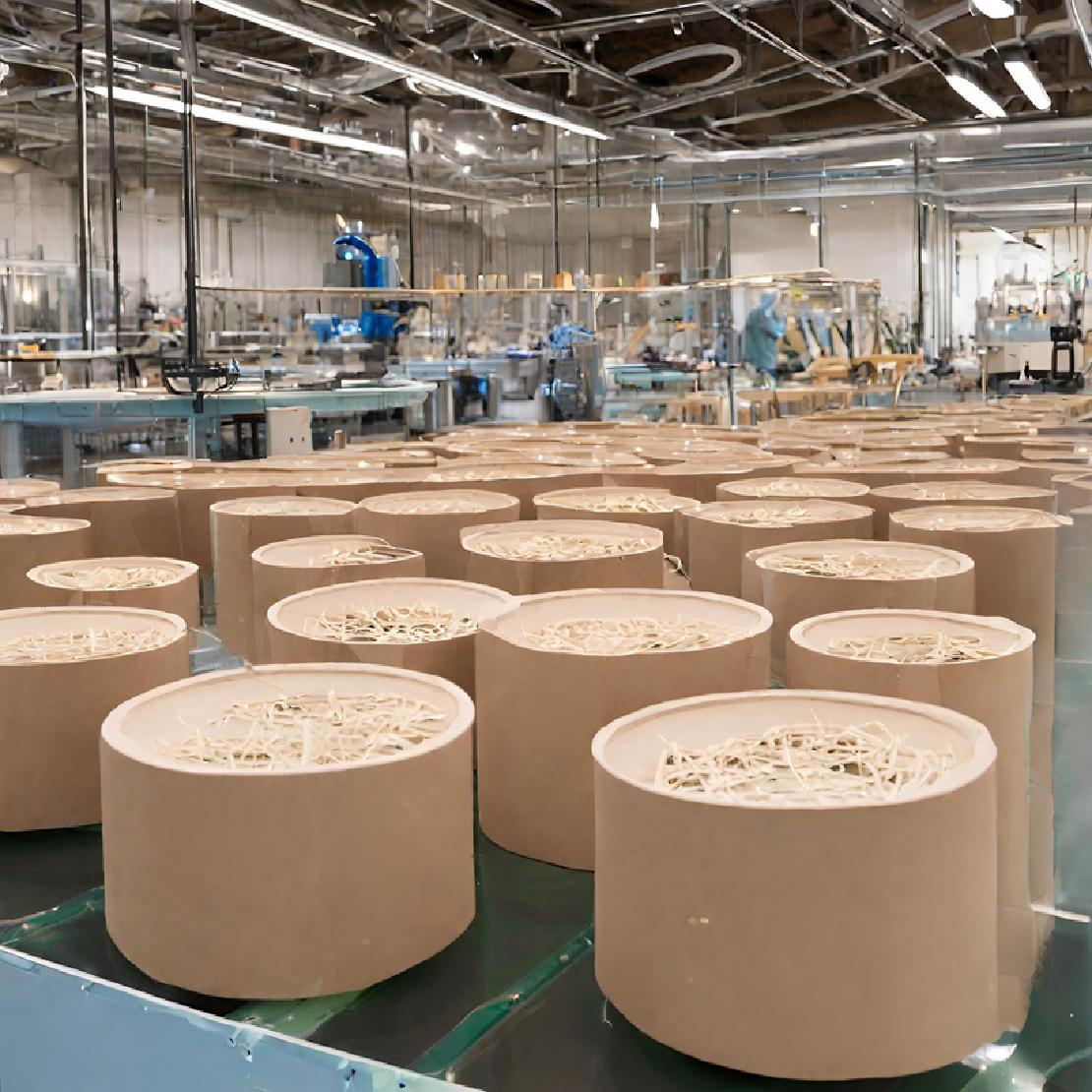
The Circular Economy
In a world that faces growing environmental challenges especially in waste management, the concept of a …

In our quest for sustainable development, it is crucial to understand the environmental impacts of products and systems throughout their entire life cycle.
A Life Cycle Assessment (LCA) refers to an analysis of the impact one object has on the world around it. It is a powerful tool that helps us make informed decisions by quantifying the environmental footprint of a product, process, or service. In this article, we will delve into the world of Life Cycle Assessment, exploring what it really is, who needs it, the phases of lifecycle assessment, and its importance.
Life Cycle Assessment (LCA) is a systematic and science-based approach used to evaluate the environmental impacts of a product, process, or service throughout its life cycle. It takes into consideration all stages, from raw material extraction to production, distribution, use, and end-of-life disposal or recycling. LCA quantifies various environmental indicators, such as energy consumption, greenhouse gas emissions, water usage, and resource depletion.
A very common question we often ask ourselves is “What environmental impact does one object have on the world?” This, in a nutshell, is the big question that a Life Cycle Assessment tries to answer. LCA measures the environmental impact of a product through every phase of its life – from production to waste (or recycling, etc.).
Businesses and Industries Lifecycle assessment is essential for businesses seeking to understand and improve the sustainability performance of their products or processes. LCA enables companies to identify opportunities for reducing environmental impacts, optimizing their resource efficiency, and enhancing product design. LCA also helps in meeting regulatory requirements, demonstrating corporate social responsibility, and gaining a competitive edge in the market.
Policymakers and Governments LCA provides policymakers with valuable insights for developing effective environmental policies and regulations. It helps quantify the environmental consequences of different choices, supports the development of eco-labeling schemes, and facilitates the integration of sustainability considerations into public procurement practices.
Researchers and Academia Lifecycle assessment serves as a valuable research tool, thus supporting the development of new methodologies, data collection frameworks, and impact assessment models. Researchers make use of LCA to analyze specific systems, compare alternatives, and contribute to the body of knowledge on sustainability.
Defining the Goal and Scope In phase one, the objectives of the LCA study are clearly defined, including the product or system boundaries, the functional unit of analysis, and the required level of detail. Stakeholder engagement and data collection planning are crucial elements at this stage.
Life Cycle Inventory (LCI) The LCI phase involves collecting and quantifying data on inputs, outputs, and emissions associated with each life cycle stage. This includes raw material extraction, energy consumption, transport, manufacturing processes, use, and end-of-life scenarios. Data sources may include literature, databases, industry reports, and primary data collection sources.
Life Cycle Impact Assessment (LCIA) After a successful lifecycle inventory has been done, the collected data is translated into potential environmental impacts. LCIA involves assessing the environmental effects based on various impact categories, such as climate change, water depletion, ozone depletion, and toxicity. This step utilizes impact assessment methods and models to quantify and compare the potential impacts across different stages of the life cycle.
Interpretation The interpretation phase involves analyzing and interpreting the results of the lifecycle assessment study. It includes identifying significant environmental hotspots, evaluating trade-offs, and communicating the findings to stakeholders. This step helps guide decision-making and identify opportunities for improvement.
LCA provides crucial insights for sustainable decision-making. It helps in:
LCA is valuable for businesses, policymakers, researchers, and consumers, enabling them to make informed choices and drive environmental improvements.
Life Cycle Assessment (LCA) is a powerful tool that allows us to assess and understand the environmental impacts of products, processes, and services. By considering the entire life cycle, LCA provides valuable insights for decision-makers, enabling them to make informed choices towards sustainability. Whether you are a business, policymaker, researcher, or consumer, embracing LCA can drive positive change, promote resource efficiency, and contribute to a more sustainable future. So, let us embark on this transformative journey and unlock the potential of Life Cycle Assessment for a greener and more resilient world.
Related Searches:

In a world that faces growing environmental challenges especially in waste management, the concept of a …

With the rising concerns in environmental sustainability, procurement practices are very crucial in driving …

Circular manufacturing or circular economy is defined as a production and consumption model whereby …